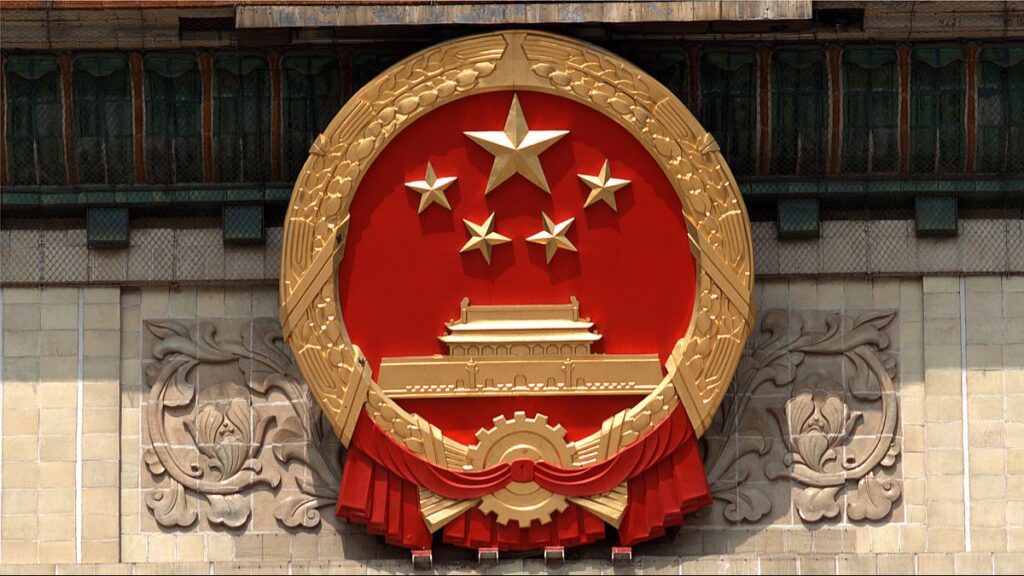
Ties between Beijing and the Gulf are being forged to heighten economic cooperation to reach a free trade agreement, as both regions tackle geopolitical matters with the West.
Wang Yi, China’s foreign minister, revealed Beijing’s intentions of gaining momentum on the growth of developing a free trade era with the Emirates, with the intentions of injecting “new impetus” to elevate and strengthen geopolitical relations with the Gulf Cooperation Council (GCC).
Similarly, foreign ministers from different regions in the Gulf also expressed similar hopes, such as the Kingdom of Saudi Arabic (KSA), Oman, Bahrain, Kuwait, as well as the secretary-general of the GCC Nayef Falah Mubarak Al-Hajraf, with a systemized focus on security and trade between Beijing and the Gulf.
To China, the GCC has been deemed the leading trading partner as it drives a bilateral economic interest between the Arabic region and the world’s second most powerful economy. In 2004, both parties conducted the first discussion to enable a free trade deal, but it ended there, with further conversations being put on hold for years to come.
A Gulf expert with risk consulting company, Verisk Maplecroft, said he expects “strong incentives for both sides” in refurbishing the deliberations put on hold.
“This is probably a time for talks to move forward and for there to be some real progress,” he added to his statement to the Middle East Eye.
For almost a decade now, China has been steering its attention towards the Middle East, with the Gulf being of certain interest to the powerhouse. Chinese President Xi has endlessly highlighted the vitality of securing good relations with the Gulf countries, and this shows with his Belt and Road initiative.
President Xi’s signature initiative has placed China as one of the Gulf’s most influential oil buyers, as it supplied the world’s second economy with raw oil resources, marking almost 40 percent of the Gulf’s oil import.
As for China’s construction projects, the United Arab Emirates (UAE) and the KSA are considering the leading countries on a global scale to have strong economic relations with the Asian country. Also, Beijing has also taken an interest in smaller projects, such as Oman’s industrial zone in the Arabian Sea port of Duqm.
Experts believe the uplifted economic ties between both parties have allowed Beijing to outreach different foreign investment projects in the Middle East, a factor that has played a critical role in withering down the damage left by the Covid-19 pandemic.
“They [the Gulf] have been among those markets to which Chinese investments still held up even if Chinese investments, in general, have been wavering,” Head of the Middle East and North Africa (MENA) economics at HIS markets, Ralf Weigart, told the Middle East Eye.